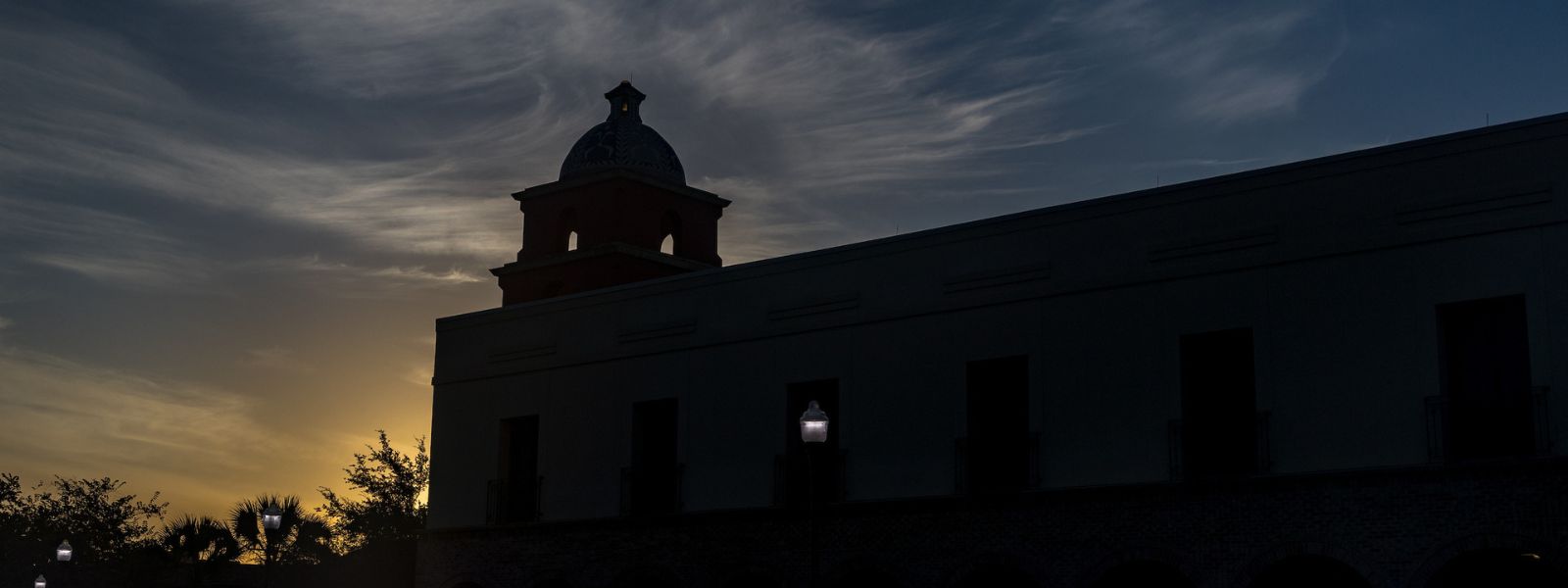
Philosophy Faculty Publications
Religiously Binding the Imperial Self: Classical Pragmatism's Call and Liberation Philosophy's Response
Document Type
Book Chapter
Publication Date
2011
Abstract
My essay begins by providing a broad vision of how William James’s psychology and philosophy were a two-pronged attempt to revive the self whose foundations had collapsed after the Civil War. Next, I explain how this revival was all too successful insofar as James inadvertently resurrected the imperial self, so that he was forced to adjust and develop his philosophy of religion in keeping with his anti-imperialism. James’s mature philosophy of religion therefore articulates a vision of the radically ethical saint religiously bound to a decidedly pluralistic universe. I evaluate James’s philosophy of religion by comparing it to Enrique Dussel’s psychological portrait of the imperialist ego, Dussel’s attempt to religiously bind this ego, and the more radical philosophy that results. I suggest that Dussel’s philosophy of liberation: 1) better theorizes the religious contraction of the self as a necessary part of ethical and political life and 2) offers a more concrete and radically democratic philosophy. My overarching aim is to show how Dussel’s liberation philosophy can help critically develop James’s pragmatist claim that religion might provide a force for widely and positively transforming our ethical and political lives.
Recommended Citation
Stehn, Alexander V. (2011). Religiously Binding the Imperial Self: Classical Pragmatism's Call and Liberation Philosophy's Response. In Gregory Fernando Pappas (ed.), Pragmatism in the Americas. Fordham University Press. pp. 297-314.
Publication Title
Pragmatism in the Americas
DOI
https://doi.org/10.1515/9780823292424-021


Comments
Copyright 2011 Fordham University Press.